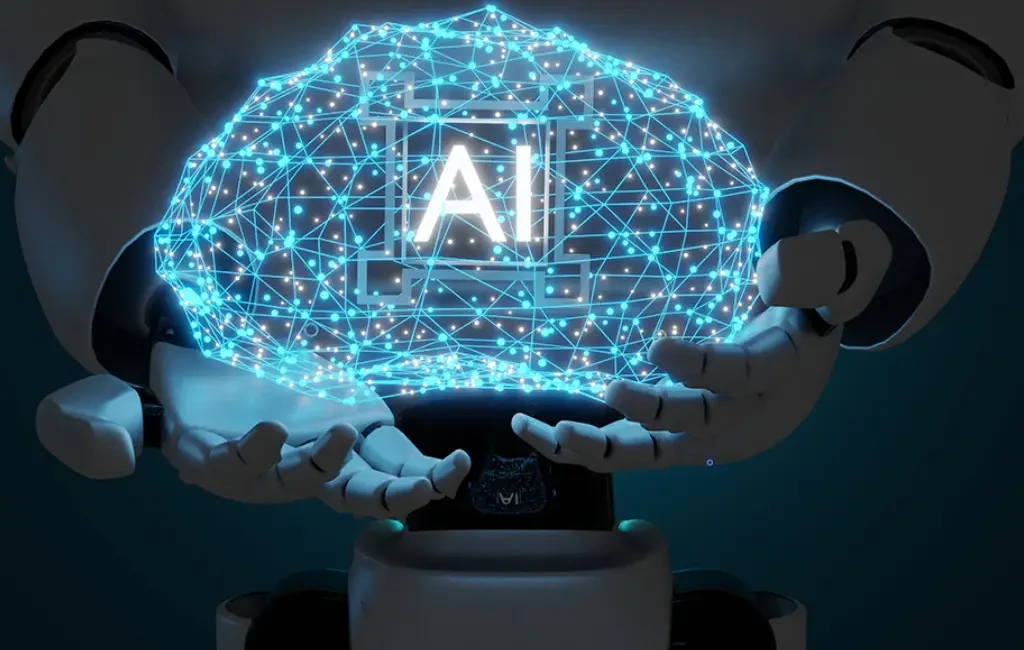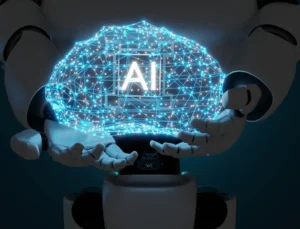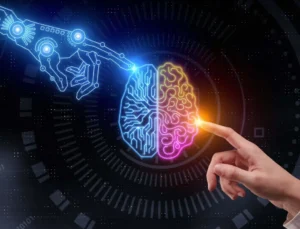
The AI revolution is in full swing, and it’s reshaping how modern enterprises operate at an unprecedented pace. From Fortune 500 giants to fast-moving startups, organizations across industries are embedding AI into the heart of their operations. Why? Because AI isn’t just another tech trend—it’s a catalyst for innovation, productivity, and value creation on a massive scale.
While sectors like healthcare, insurance, and education may be advancing more cautiously due to regulatory hurdles, the potential of AI to revolutionize enterprise operations is undeniable. Visionary leaders understand that adopting AI isn’t merely about staying competitive—it’s about redefining what success looks like in today’s digital economy.
So, how exactly is AI helping enterprises become smarter and more agile? Let’s take a closer look.
Key AI Applications Driving Enterprise Transformation
Accelerating Software Development
Good news for developers: AI isn’t here to take your job—it’s here to make it better. Think of it as a tireless coding assistant that can write, review, and debug code faster than ever before. It also generates documentation and user manuals with ease. Tools like DeepCode serve as 24/7 collaborators, helping teams ship cleaner, more efficient software at record speed.
Reinventing Product Development
For product designers, AI acts as both an analytical powerhouse and a predictive tool—optimizing design, improving durability, and reducing production costs. Product managers also benefit, with AI helping translate customer feedback into actionable insights, ensuring that every product aligns with real market needs.
Transforming Sales and Marketing
In sales and marketing, AI is the ultimate personalization engine. It crafts messages that resonate with each customer on an individual level. For sales teams, AI provides deep behavioral insights—almost like having X-ray vision into buyer intent. The result? Smarter campaigns, more meaningful engagement, and higher conversion rates—all while maintaining the brand’s authentic voice.
Streamlining Project Management
Project managers can finally step out of the spreadsheet maze. AI automates routine tasks, predicts timelines, and summarizes long reports through tools like SmartSheet AI and Asana AI. That means more time spent focusing on strategic decisions and less time buried in administrative work.
Enhancing Workforce and Performance Management
In HR and leadership, AI is transforming how performance is measured and improved. Instead of manual, subjective reviews, AI systems provide clear, data-driven feedback frameworks. This empowers employees to develop continuously and helps managers lead more effectively.
Strengthening Fraud Detection and Risk Management
In financial and insurance sectors, AI has become the new guardian of trust. It scans massive datasets to uncover anomalies and detect potential fraud faster than any human could. Platforms like Darktrace use machine learning to monitor irregular activity in real time, while Palantir leverages AI to assess and mitigate organizational risks. The result is not a replacement for human judgment, but an invaluable tool that enhances accuracy and response times.
(Related: How AI Outsmarts Criminals in the Fight Against Financial Fraud)
Unlocking the Power of Synthetic Data
Data fuels AI—but real-world data isn’t always easy to obtain. Synthetic data tools like Synthesis AI create realistic, privacy-safe datasets that can train and test AI models without exposing sensitive information. It’s like tapping into a limitless, eco-friendly data source—one that accelerates innovation without compromise.
The Takeaway
AI isn’t just transforming the way enterprises work—it’s rewriting the playbook altogether. It’s enabling organizations to move faster, think smarter, and operate more efficiently across every function. From software engineering to customer engagement, AI is the strategic advantage driving the next era of business growth.
No matter your industry or expertise, embracing AI is no longer optional—it’s essential. The future of intelligent enterprises has already begun, and it’s powered by AI. The real question is: Are you ready to build yours?



